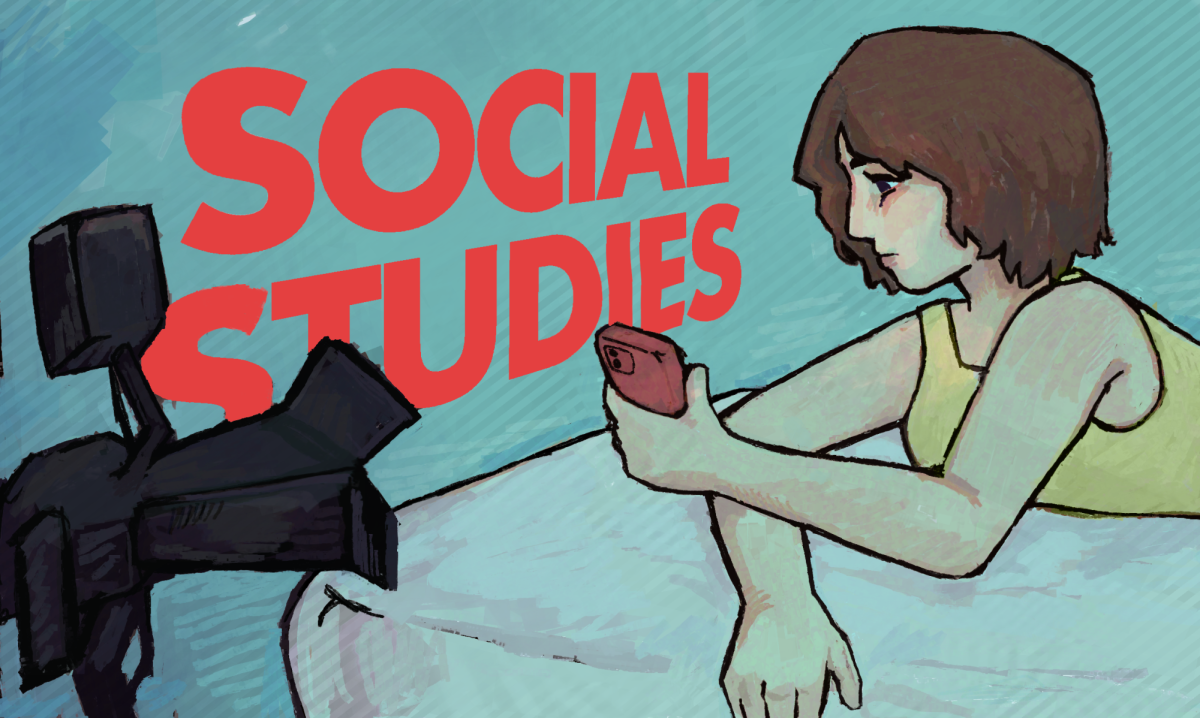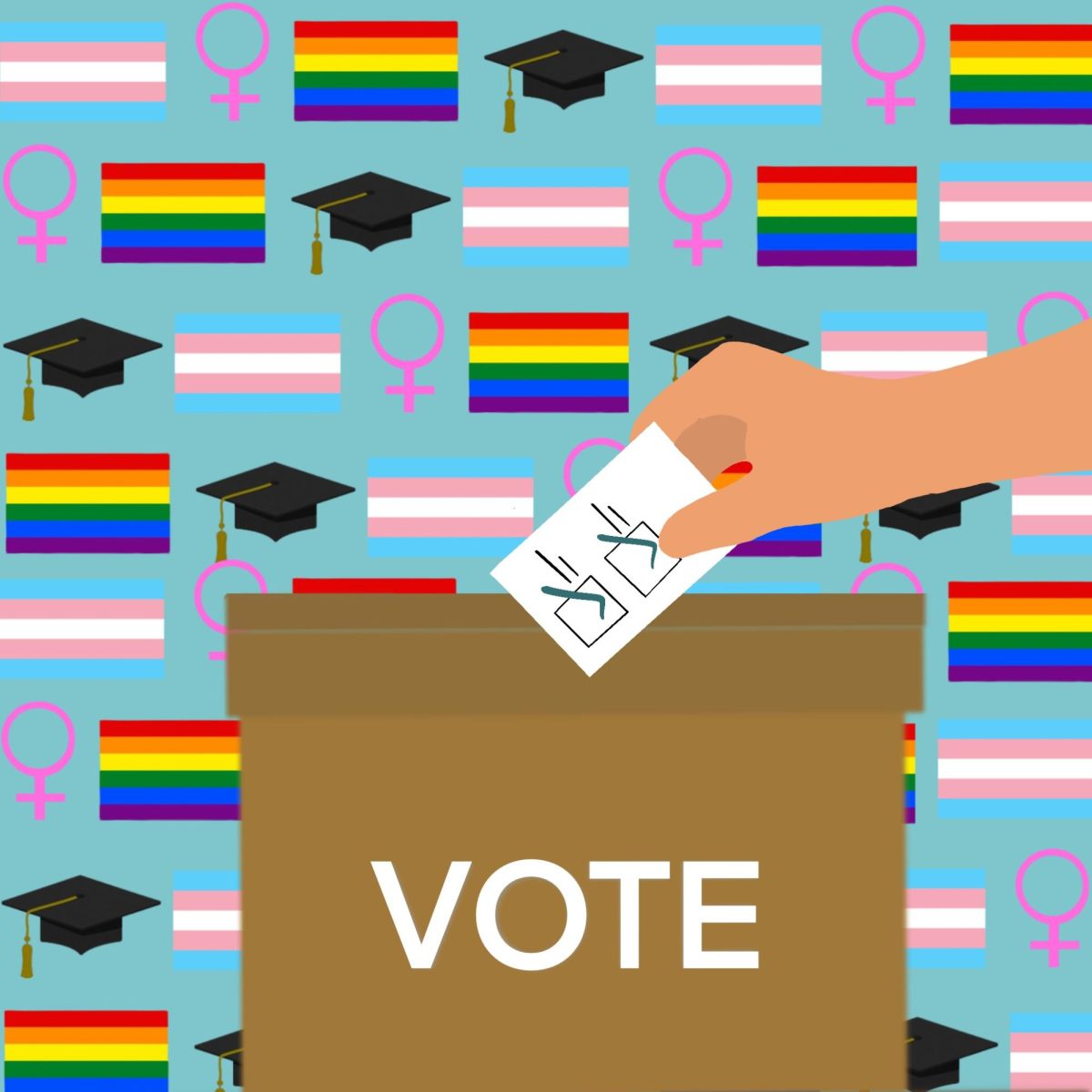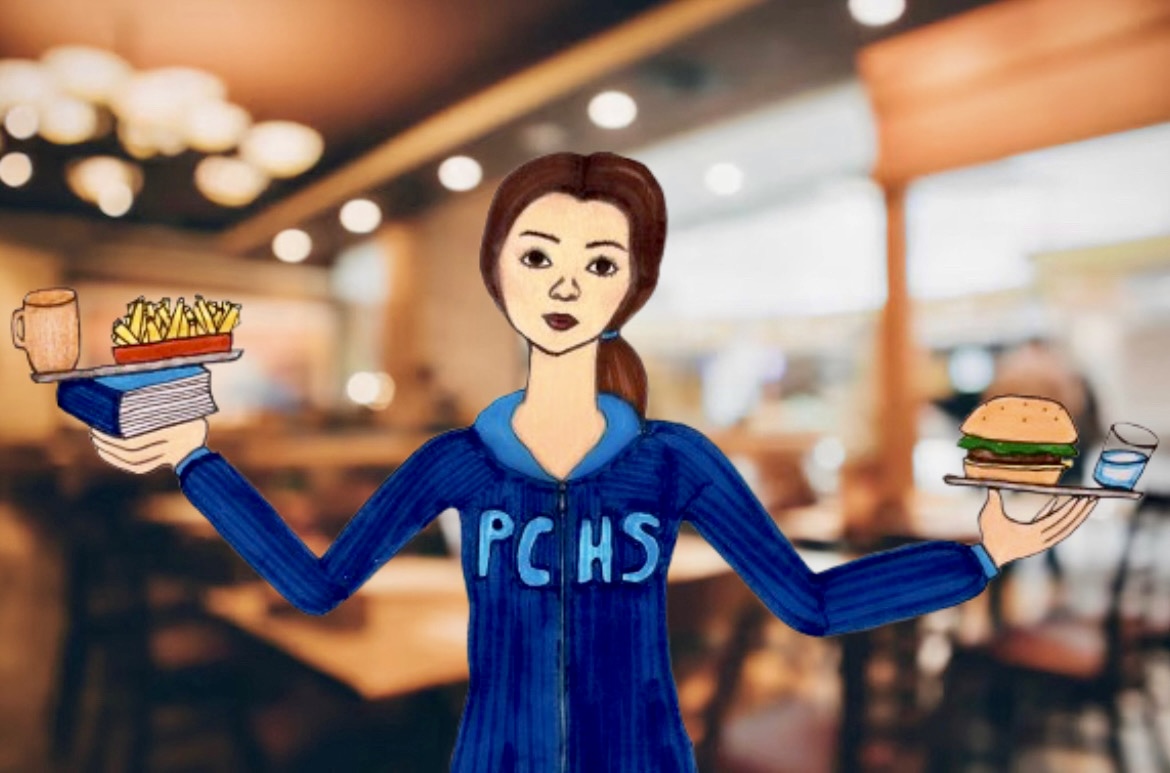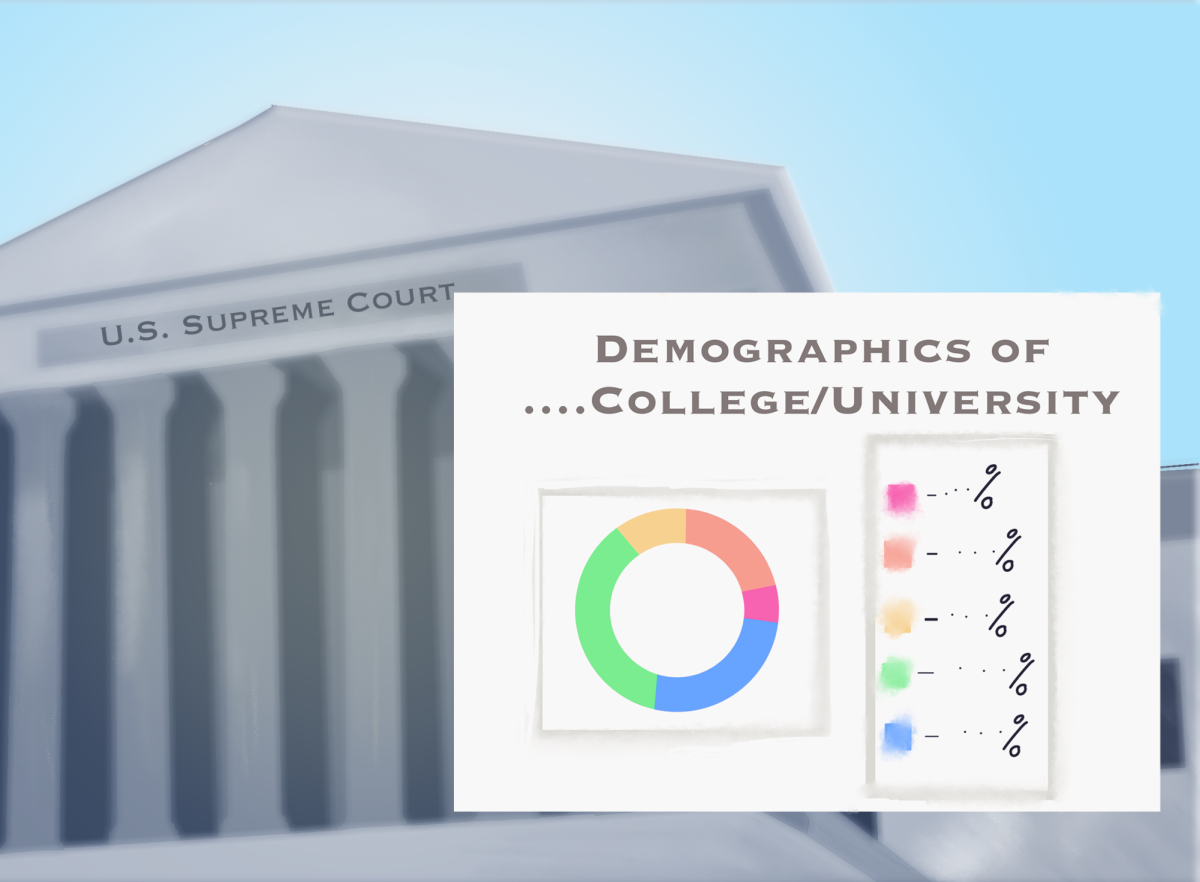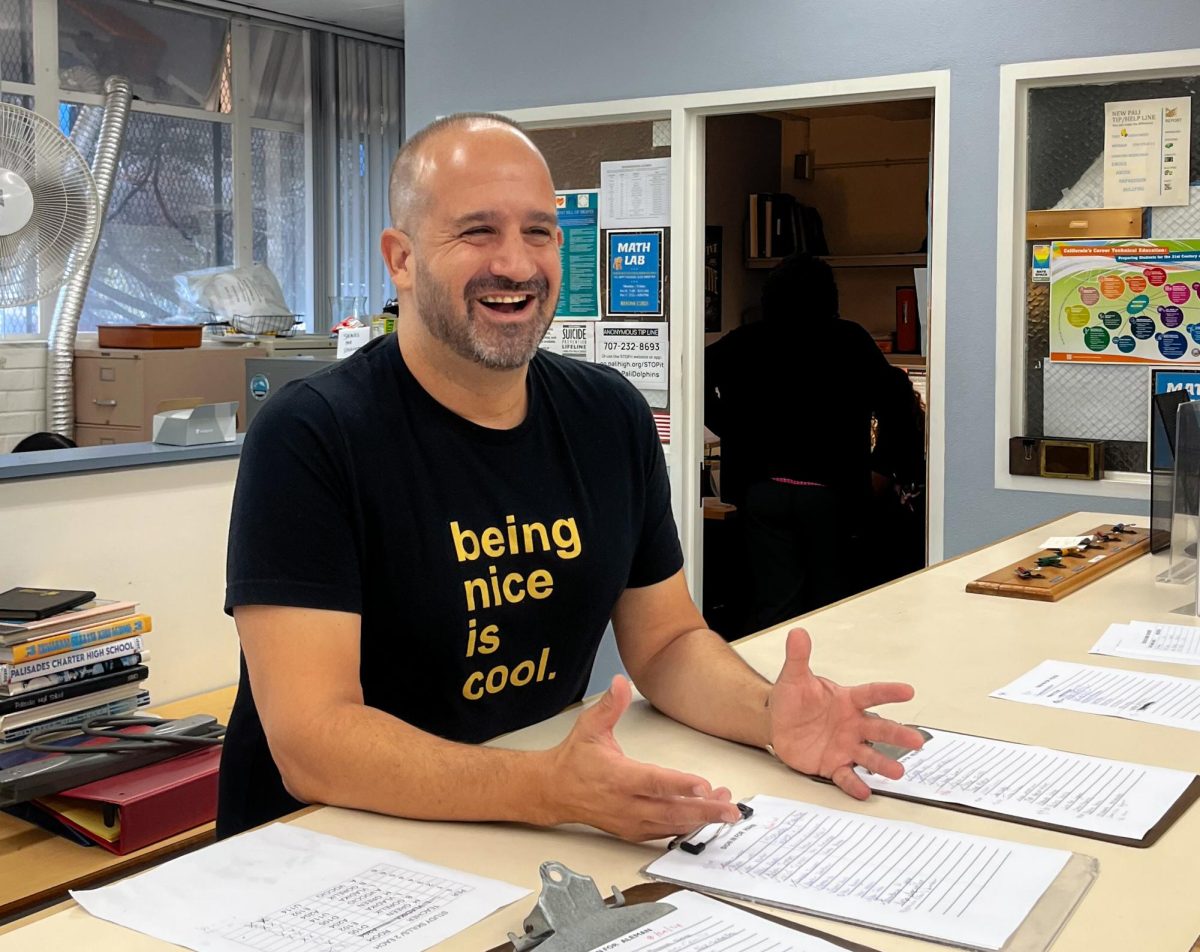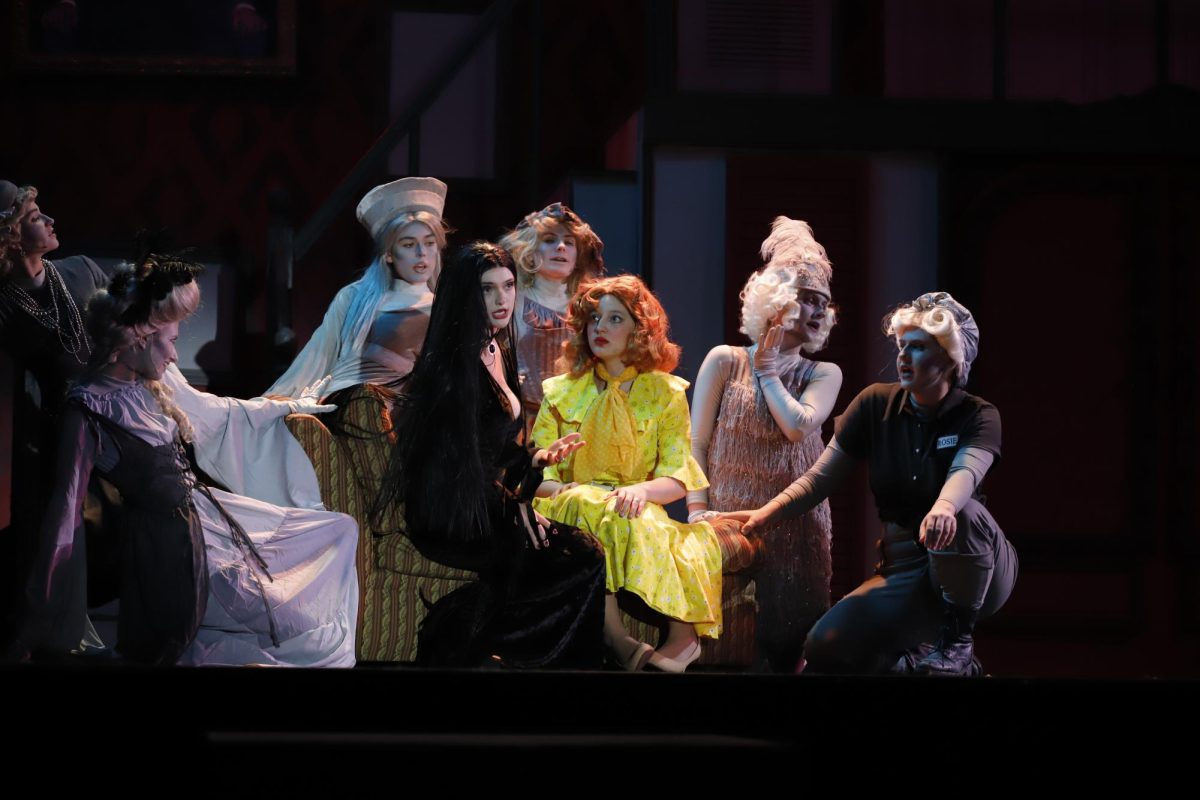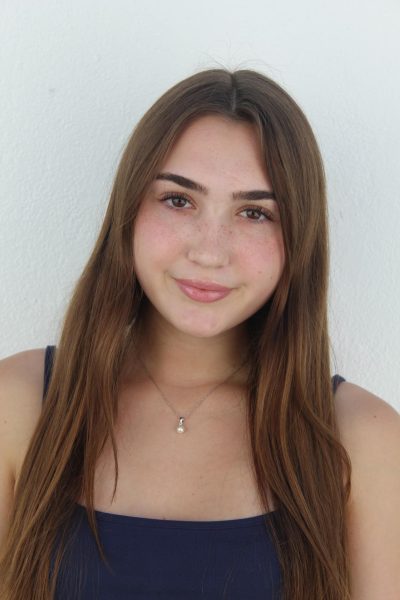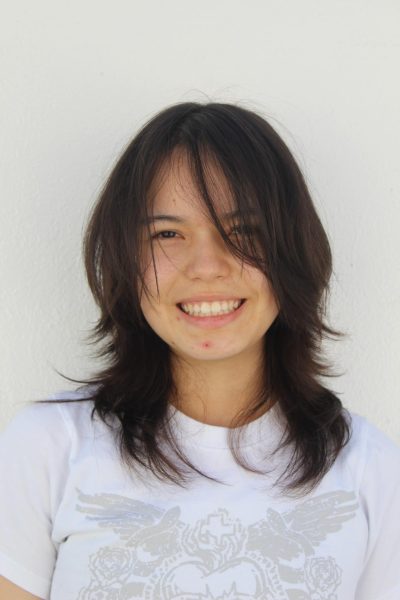Former Pali students were featured in a five-part docuseries titled “Social Studies,” which was released on the streaming app Hulu on Sept. 27.
The production highlights the effects social media has on adolescents. Teenagers shared their personal experiences through interviews and also provided screen recordings from their phones to reveal the full extent of how social media has impacted their lives.
Some parts of the docuseries were filmed on Pali’s campus and showed clips from freshman orientation, specific classes and nutrition and lunch periods. Other parts of the docuseries filmed Pali students participating in incriminating behaviors such as vaping on campus and consuming alcohol at parties hosted by classmates.
These scenes have caused an uproar amongst some current Pali students, parents and staff who are concerned about how they may impact the reputation of Pali High.
Junior Della Tebbi spoke on the matter.
“I’m not a fan of the documentary. I feel like it doesn’t show the students at Pali who are driven and are working toward making themselves a successful future,” she said. “It only shows the negative side of Pali, which I don’t think is relevant for most of us.”
Tebbi thinks that the documentary “focused too much on the bad side of Pali, rather than the bad side of social media.”
Sophomore Christie Turner shares Tebbi’s perspective on the docuseries’ reflection of Pali students. However, she believes that the series accurately reflects the negative impacts of social media on teenagers.
“I think the documentary only shows a certain side of Pali students, but I also think that it is showing the students that are most affected by social media,” Turner said. “What was shown in the series could apply to any LA high school, not just Pali.”
AP English Language and Composition teacher Stephen Klima reflected on seeing his former students in the documentary.
“I think that there was nothing truly shocking about [“Social Studies”], except for how much of an impact social media has on the lives of students.”
“I think [the series] is pretty accurate in how high school students in general behave,” he added. “Some things could have also been made clear, but in documentaries there are a lot of things that they don’t show you.”
AP United States History teacher Stephanie Moore appeared in multiple clips throughout the docuseries. However, she said that what this participation would entail was inaccurately explained to her, and ultimately disruptive to her teaching.
“When I was asked to have my class filmed, the director told me that I would not even notice they were there,” Moore said. “But the next day, six people walked in, put a boom mic over my head, and set up two large cameras. [The filming] was very noticeable and my kids were very uncomfortable.”
After the first day of filming, Moore said that she asked the director to “not film in [her] classroom again and to not use the clip from [her] class.” Despite her request, the scenes were included in the final product of the docuseries.
“I thought the film was supposed to be about kids and their use of social media, not kids doing illicit activities. What was produced was not what was presented to me, so it’s disappointing. I think some parents are going to think this is all Pali is—a party school where kids do crazy stuff, and that’s just not true,” Moore said.
Former Pali student Tala Maher was a junior during the filming of the docuseries. She shared that watching the final product opened her eyes to events that she was unaware of while at Pali.
“It’s pretty weird seeing a film made about your school and knowing some of the people who were in it,” Maher said. “I didn’t know that they were living such crazy lives.”
Maher agrees with the docuseries’s depiction of social groups at Pali. “Pali’s environment felt pretty split into distinct groups. It was nice seeing that idea represented in the series,” she said.
“I think that [Social Studies] accurately represents my experience at Pali,” she continued. “While my experience wasn’t as crazy as the students filmed in the show, I shared a lot of their same feelings and emotions around social situations and issues.”
Fellow alumni Maren Carrere reflected on her experience being featured in the series.
“Lauren, the director, came around to different classes and just asked us questions and let anyone who wanted to answer [do so]. I’m a very talkative person and I ended up answering a lot,” Carrere said. “She got my email, and we met for coffee, and I just told her about my experiences in high school. As I kept working with her, she kept filming me, and that’s how I became part of the series.”
Carrere said that the message of the docuseries is a critical topic for today’s youth. “I think [“Social Studies”] is super important because the dangers of social media are not talked about enough. It also helps a lot of parents understand what is really happening on social media.
“[“Social Studies”] isn’t a reflection of my experience at Pali, but more a reflection of my experience with social media,” she added. “I don’t think Pali has anything to do with it, that’s just where it was filmed.”
Carrere noted that the docuseries was not intended to be so Pali-focused.
“When the project first started, it was going to be about a ton of LA high schools. It just happened that there were so many people at Pali willing to share their experiences with social media.”
However, she acknowledged the series’ unfavorable portrayal of Pali.
“I know the series showed a negative side of Pali, but the overall concept is super important. Pali is just an example of what is happening in high schools everywhere, and it is necessary to bring awareness to the dangers of social media,” Carrere concluded.


